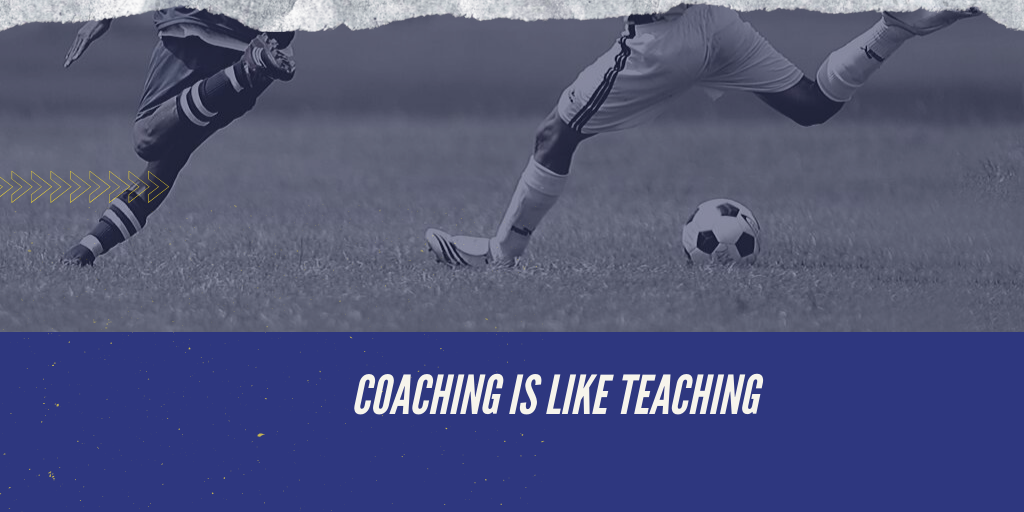
Hey Coach
Youth sports today are much different than when I was young, in shape, and athletic. I experienced t-ball, softball, soccer, volleyball, basketball, and track. The only sport I truly enjoyed and excelled at was soccer. I started playing at five years old on the Butterflies. We played full field, 11v11. Although we didn’t, we were allowed to slide tackle and head the ball. We kept score. The team with the most wins at the end of the season got trophies or medals and the team with the least amount of wins received a good sportsmanship award.
Now, most of that has changed. Our little ones don’t play full field. They play short-sided games and some age groups play without a goalkeeper. The younger teams don’t keep score. Some leagues don’t allow slide tackling. At the end of the season, they all get participation awards. They are all winners. The biggest change for me is that players under a certain age, 11 I think, can’t head the ball. Crazy.
My experience with soccer took me through high school. I played in rec leagues until high school and then joined a club team. I played varsity through high school. I had different types of coaches throughout including my parents. My parents had never played but gladly stepped up to coach my brother’s and my teams. They learned the game with us. They took coaching courses to become licensed coaches and read books over the rules. That took us pretty far. My next team was older than I was. Most girls were one to two years older. The coach was great. He knew the game and encouraged us every step of the way. He developed us as individuals and as a team. I don’t ever recall him yelling negatively at any of us. This was at the club level and we were a pretty decent team. My high school coach was not knowledgable of the game. She was not always supportive either. She was a volleyball coach and that is what had her heart, not soccer. She made no effort to learn or truly connect with the team or players. We had so much talent, but couldn’t come together as a team. She liked to blame us for our losses. I understand that the team was on the field and not the coach, but coaches have a huge hand in what happens on the field.
To me, coaching is like teaching. In actuality, many coaches are educators as well if they coach at the high school level. Even if they aren’t teachers by profession, surely they see the similarities in the two.
As an educator, I must know my students. I create a relationship with each of them. I know their strengths and weaknesses as students. I get familiar with their learning styles and how they respond to my teaching style. If it isn’t working for them, I change it up. In any given classroom, many different learning styles exist. Some students are auditory learners, some visual learners, and some are kinetic learners. Students also range in processing speed, learning ability, and focus ability. Some come from homes where they get everything handed to them and others from homes where they fend from themselves. Just like in the classroom, sports teams are filled with athletes with different abilities.
My son played for a club coach who had played professionally. I had watched him play when I was growing up. It was pretty exciting to have my son play on his team. The coach was a great practice coach. He kept the boys in physical shape. The drills and instruction during training were great. He developed his players. I soon realized what he was missing is a strategy. He was not strategic in his coaching at all. On game day, regardless of how his players warmed up, who was late, or who might not be feeling well, he started the same 11 players. Fifteen minutes into the game, he had the same player off the bench and warming up. This player subbed in for the same boy every single time. The coach was never concerned with how the others were playing, what formation the other team was playing, or if one particular player was winded from getting his butt handed to him in every single play. Coaches need to adapt to the game. Sometimes that means putting in that small and feisty player that can mix it up a bit or the slower player that is on point with free-kicks in a game where it counts. Strategy matters.
My son also played for a club coach that really connected with his players. He knew them as a player, but also as a kid. He knew they weren’t perfect. He yelled at them on the field and at practice when needed, but followed up with a conversation. He disciplined them and they knew why. He was fair and forgiving. He had several hot heads on his team, but all of them wanted to play for him and respected him. He knew their triggers and how stern he could be with each one. He was also a strategic coach and played the right players at the right time. He subbed great players off the field to talk to them and put them back on. He was encouraging.
My daughter played for a club coach that liked to yell and wasn’t always positive. He had a good balance though. He was strict and usually stuck to his word. If you missed practice, you sat for half of the next game. He communicated his expectations. He called players out if they were not on their game and often benched them. It seemed harsh at times, but he put the players in that he needed to win the game.
She had another coach that was similar, but more mild-mannered. She played for him prior to going off to college. He taught the players more than soccer. He taught them life skills for their future too. He knew his players and what he could expect from each one. The girls really responded to him. If a player was not playing up to par, he would sub her, talk to her, and put her back in the game. He gave second chances because that’s what they needed. Each player knew their coach believed in them and they wanted to show him he was right.
My athletes’ high school experiences were shocking to me since all of the coaches were actual teachers as well. My son had two coaches in high school. Neither played the game, but both were good coaches in general. The first one liked to cut up and have fun. Since he was all about football, he let the boys teach him and he more or less managed the team. He was hard on them but worked with them to become better athletes and young men. At the end of my son’s junior year, he was being accused of an act that got him kicked off the team and out of the soccer program. The next day, the accusation was lifted and he was back on, but the coach wanted to talk to me. The coach apologized for the accusation and explained that it was a case of wrong place at the wrong time; however, security footage didn’t show my son in the act he was being accused. He wanted to discuss my son and his role on the team. He asked me if there was anything I wanted him to know about my son. I was a little taken back and reminded him that he has had him in the program for 3 years and should know him pretty well. That opened the door for much discussion. He admitted that he didn’t get to know him, but wanted to understand him better. He brought up his friends/teammates and how much they liked and respected him. What was troubling him is that the majority of the team the next school year was different than his teams in the past. This group of boys had been playing together since middle school and liked to goof off and have fun. They played their hearts out and got results, but they were different. While this coach had never played soccer and had learned the game from his players over the past several years, he evolved as a coach that year. I had so much respect for him and how he adapted to his players, but still communicated his expectations. He never lost control of the team and received their respect. That team got results and so did the coach.
My daughter also had two coaches in high school. One coach was well-liked by my daughter’s team. He was very encouraging and always pleasant. He lacked discipline with the team and didn’t develop the players. He was a fun coach and they liked fun. Another coach came in and she was the complete opposite. She was tough and was extremely disciplined with them. However, she was more about control. She wanted the girls to do exactly what she wanted at all times regardless of their individual personalities or skill level. She didn’t like the natural leaders of the team to be leaders. She stripped that from them. My daughter’s soccer team was not full of club players. They had 3-5 at most. There were many players that had not been playing recreational soccer very long. They needed lots of development. I remember her getting upset at my child for not giving 100% at practice. The coach called me at work one day to let me know she was upset. I asked her if she had talked to my daughter about it and she said no. She then asked me if it was fair that my child didn’t put in 100% effort during practice, but got to play the whole game while another player put in 100% effort, but rarely played because she isn’t as skilled. I gave her two answers. The first was yes. Yes, it is fair because you put your best 11 players on the field to win games. The second answer I gave her was that if she didn’t think it was fair, then to not play my child. It was her decision who she put in the game. She continued to yell at my child but continued to play her. She berated her in front of other players when she wanted others to hear. At times, she’d pull her way far away from her teammates when she didn’t want anyone to hear. During the course of two years, she called her a loser and a detriment to the team. In those two years, I was called in to meet with her 3 times and received numerous phone calls. I remember countless arguments with my daughter as I defended the coach. It took me a while to realize that the coach’s attitude and behavior towards my daughter wasn’t my daughter’s fault. At the end of her junior year, the coach asked for a meeting. One of her issues with my daughter was that she wouldn’t open up to her and wouldn’t talk to her like the other players. At that time, I reminded her that she was an educator. As a teacher, she knew that building a rapport with her students and athletes is the most important part of her job. She failed to do that with my daughter and a handful of others. She can’t fail at her job and blame the students or players. I asked her how she could expect anything more than she was getting from my daughter if all she did was call her names and say negative things to her and about her to other players. Unfortunately, this went on her senior year and then to others after my daughter graduated. This coach almost ended my daughter’s soccer ‘career’. Fortunately, she was recruited by and eventually played for a college coach that renewed her passion for the game.
Both of my kids play college soccer. Many of their friends play college ball as well. We’ve heard about the different coaches and they all have their pros and cons. Some want complete control of their players. Some coach with negatives and wear their players down. Others lack discipline while others are over the top with it. Some still believe in developing their players and helping them off the field as well. Some expect them to behave like adults and have it all figured out.
I want to encourage all coaches to get to know your players. Know which players have focus issues and help them through it. Know which players learn visually and understand why they aren’t getting anything from your 30-minute speech. Know which ones have a bit of a temper and help with strategies to calm down. Know which players thrive on affirmation and compliment them. Know which ones have learning disabilities and may need your assistance. Know which players are your natural leaders and let them lead. It will make your job easier. Be a strategic coach. Be a fair coach. Be a forgiving coach. Most importantly, remember that you are a coach of children, teenagers or young adults. They will make mistakes on and off the field. Be a coach that offers grace.


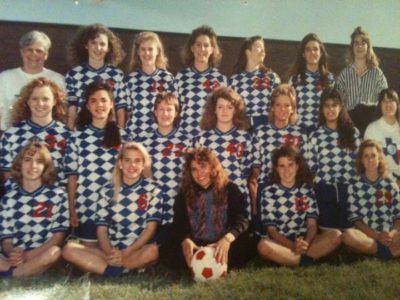
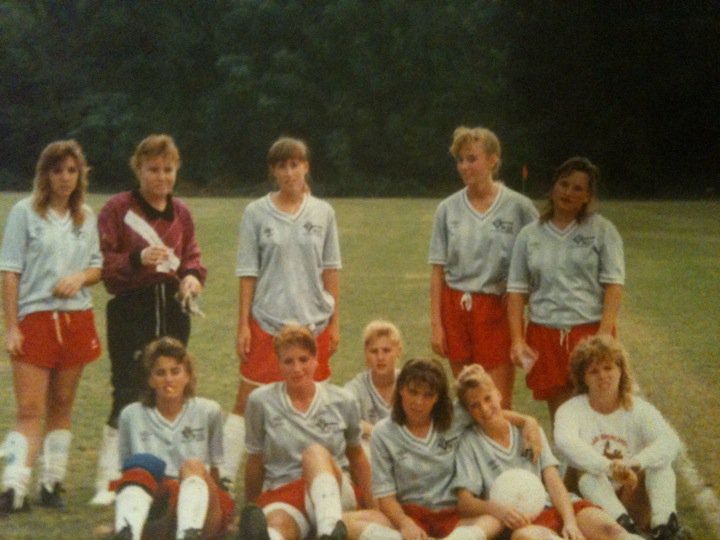
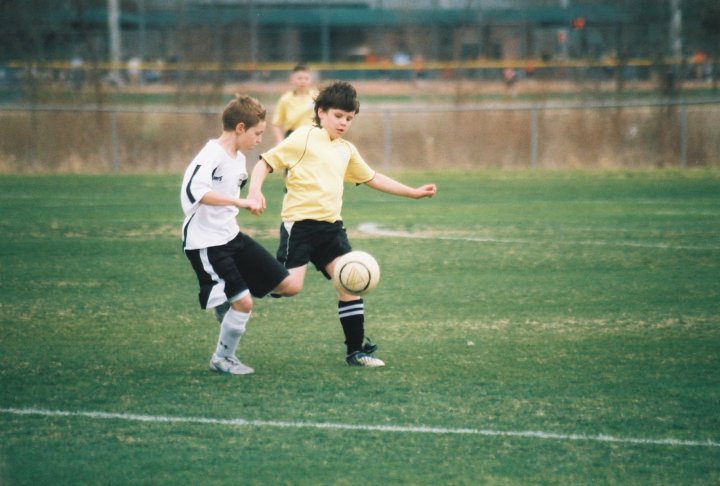
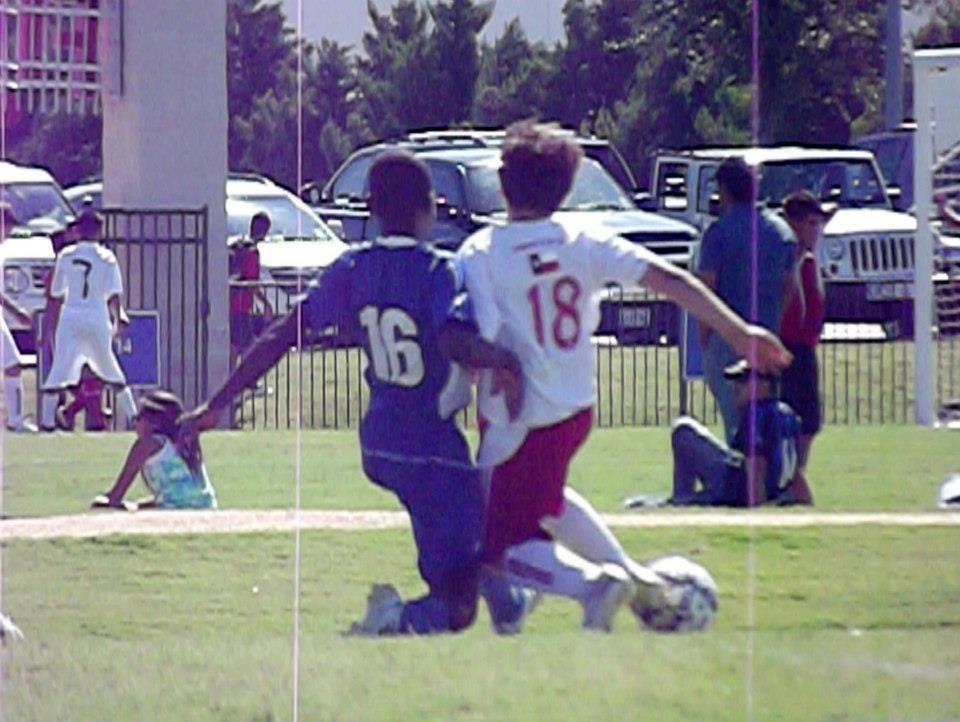
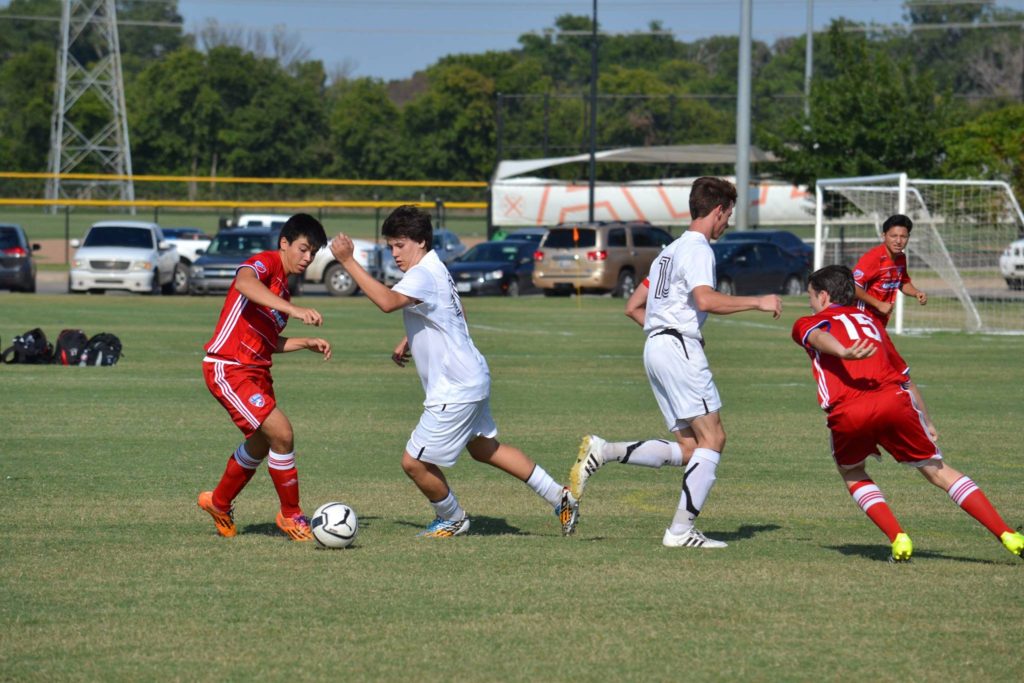
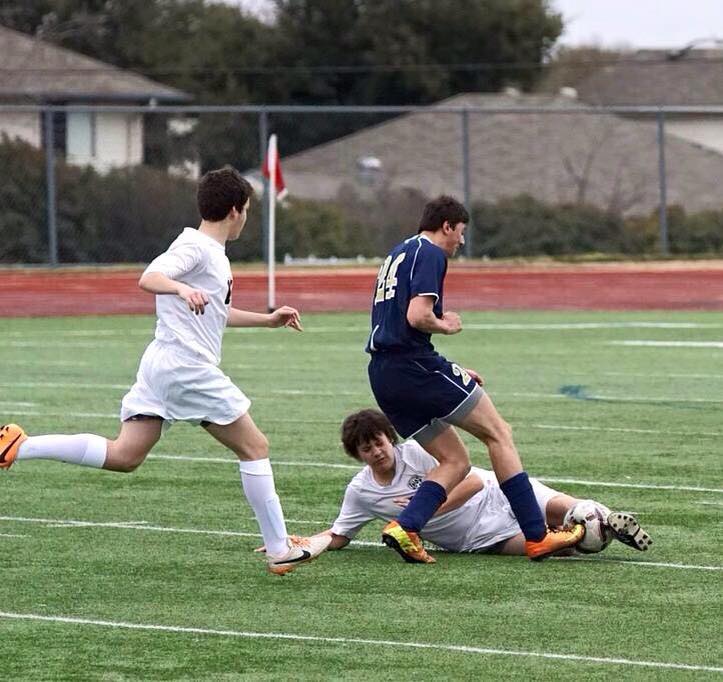
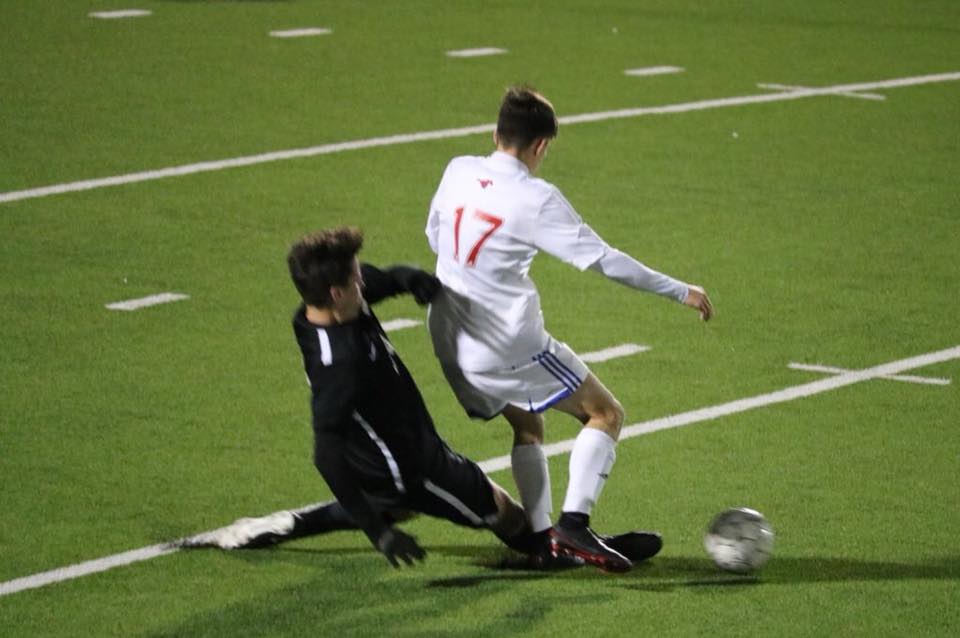
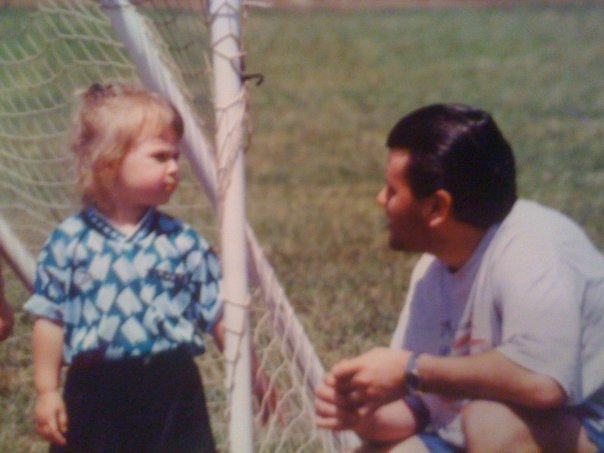
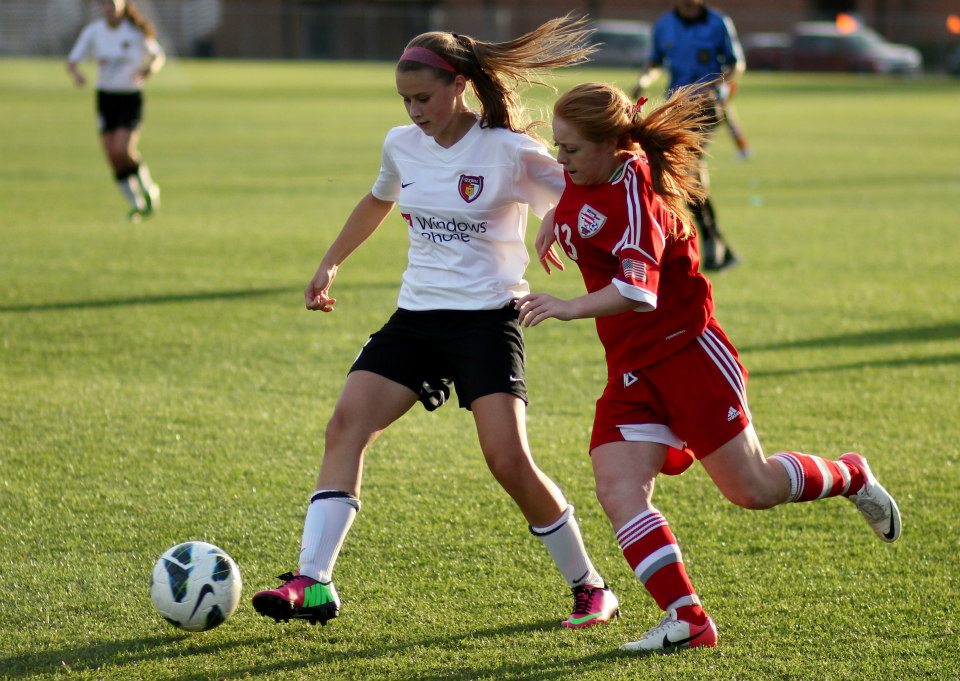
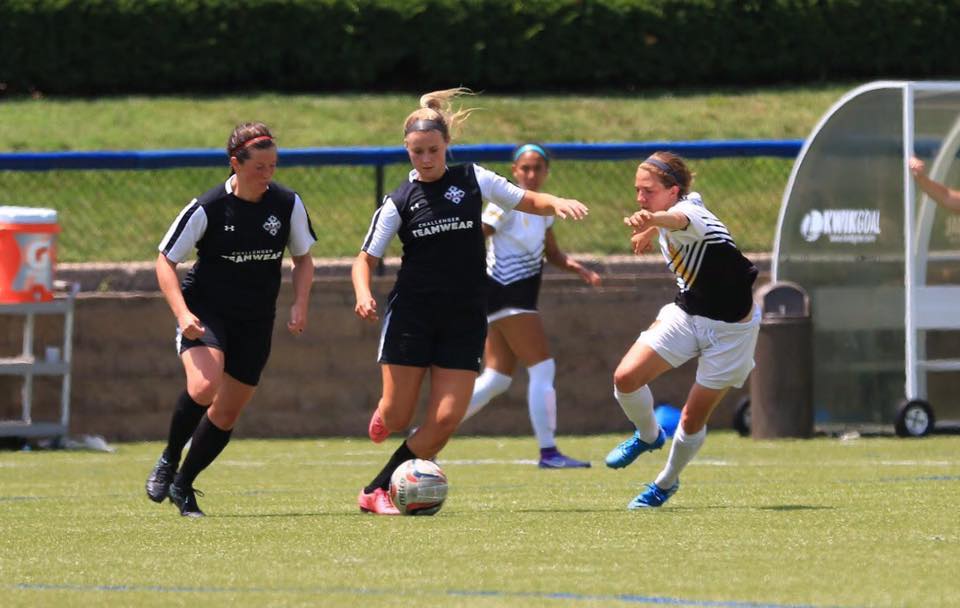
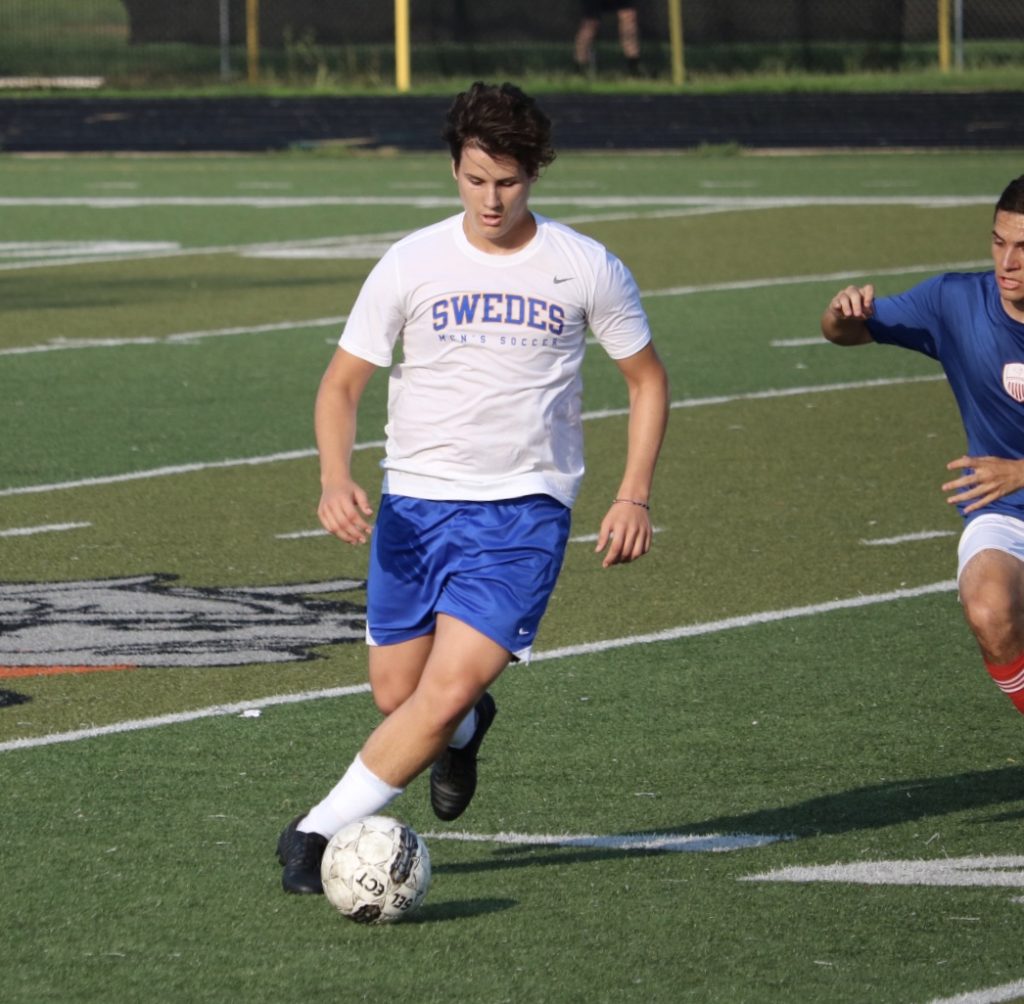
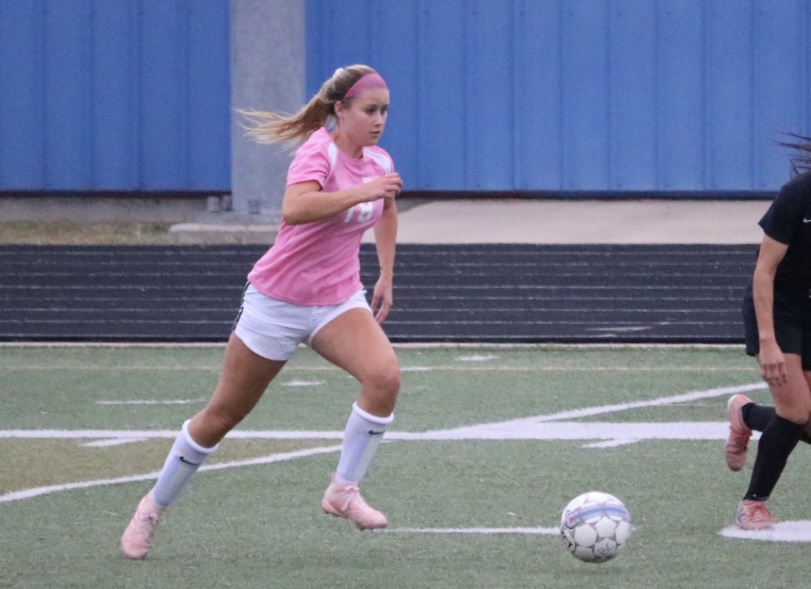
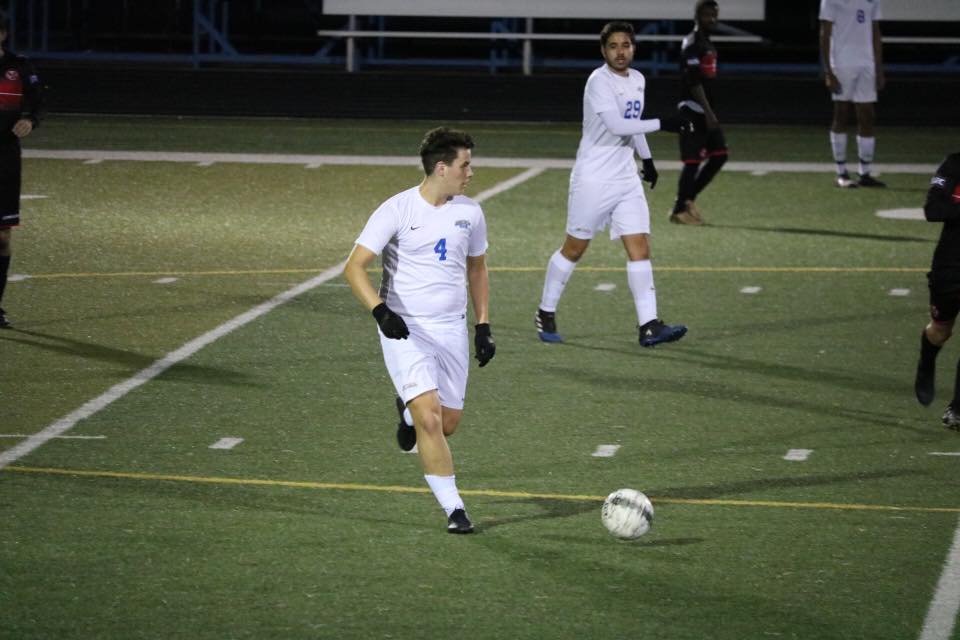
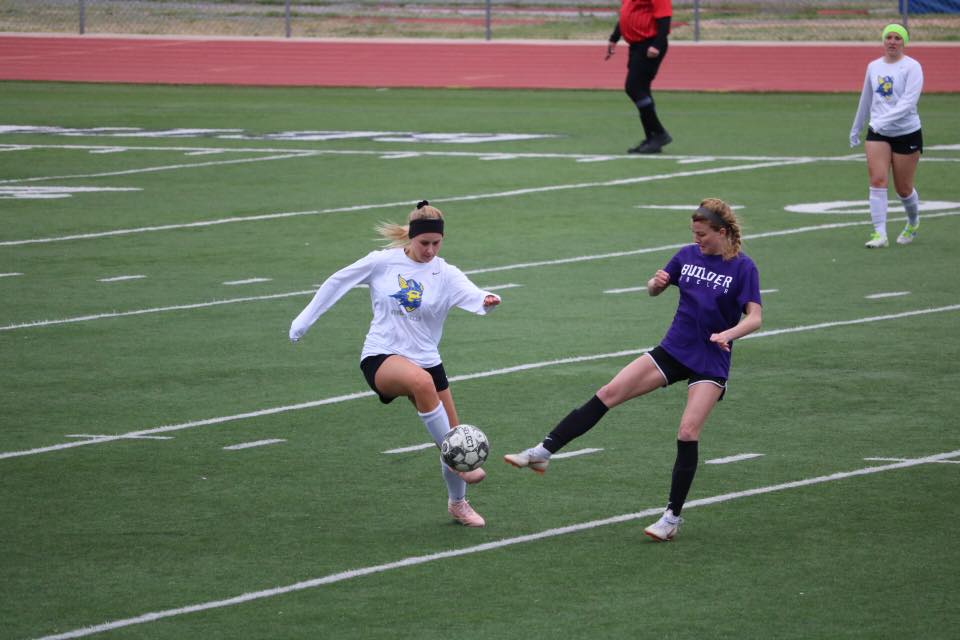
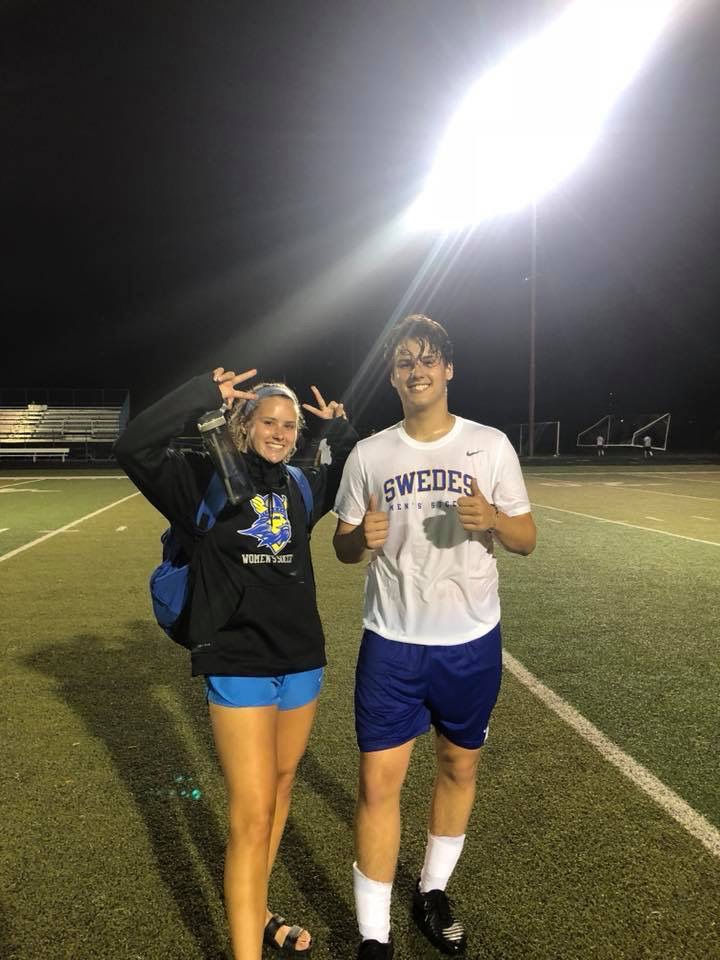

6 Comments
Tamara | The Gutz Life
The learnings from a good coach will stick with a child for a lifetime.
Sandra La Rene
Awesome how you break down different personalities for coaches to look for. Not every child or person should be interacted with the same; we are all different.
David Ray
This is good for many people that you shared this, we should all remember as in sports and life, there are good and bad coaches and each one helps determine our outcome and perspective of life. A good coach will teach, listen and discipline when necessary while supporting you and showing you the right things to do.
Julie Shapiro
Yes, as a coach you are a teacher. You teach kids about the importance of team work, time management, and how to handle challenging situations. You are also a mentor and guide as well, helping these kids build confidence and self worth. I think that despite the fact that recreational sports has shifted in regards to how it is played in terms of full field, half field, or whether or not they keep score, that the essence of being a coach who is all about building a person up and being a positive role model is important. I agree with many points in this post! How awesome that your kids are playing a sport that they love and have had the opportunity to work with many different coaches. 🙂
Laura
Good coaches are hard to find these days. I will say, as the wife of a veteran referee and a son who aspires for a career in coaching/management, you begin to see things through a somewhat different prism. I am glad your kids have succeeded. Sportsmanship is at an all time low, and there are nasty parents ( not saying you are one) . (My husband has always said, he wishes coaches AND fans could be a referee for just ONE game!) Also, high school coaches are paid not much. It is a tough job. Some do not even have a teaching degree. I agree, a good high school coach is a true gem. Respectfully, Laura
Jean C Williams
As a teacher and a parent of two athletes as well as a wife of a coach. I wholeheartedly agree with you. A good coach inspires, builds relationships, finds strengths and strengthen areas of needed improvement. When a great, inspirational coach is in the life of a child and knows the child not just for his/her skills, but really knows them…like teaching. It makes a difference in the level of success they have, on and off the field.